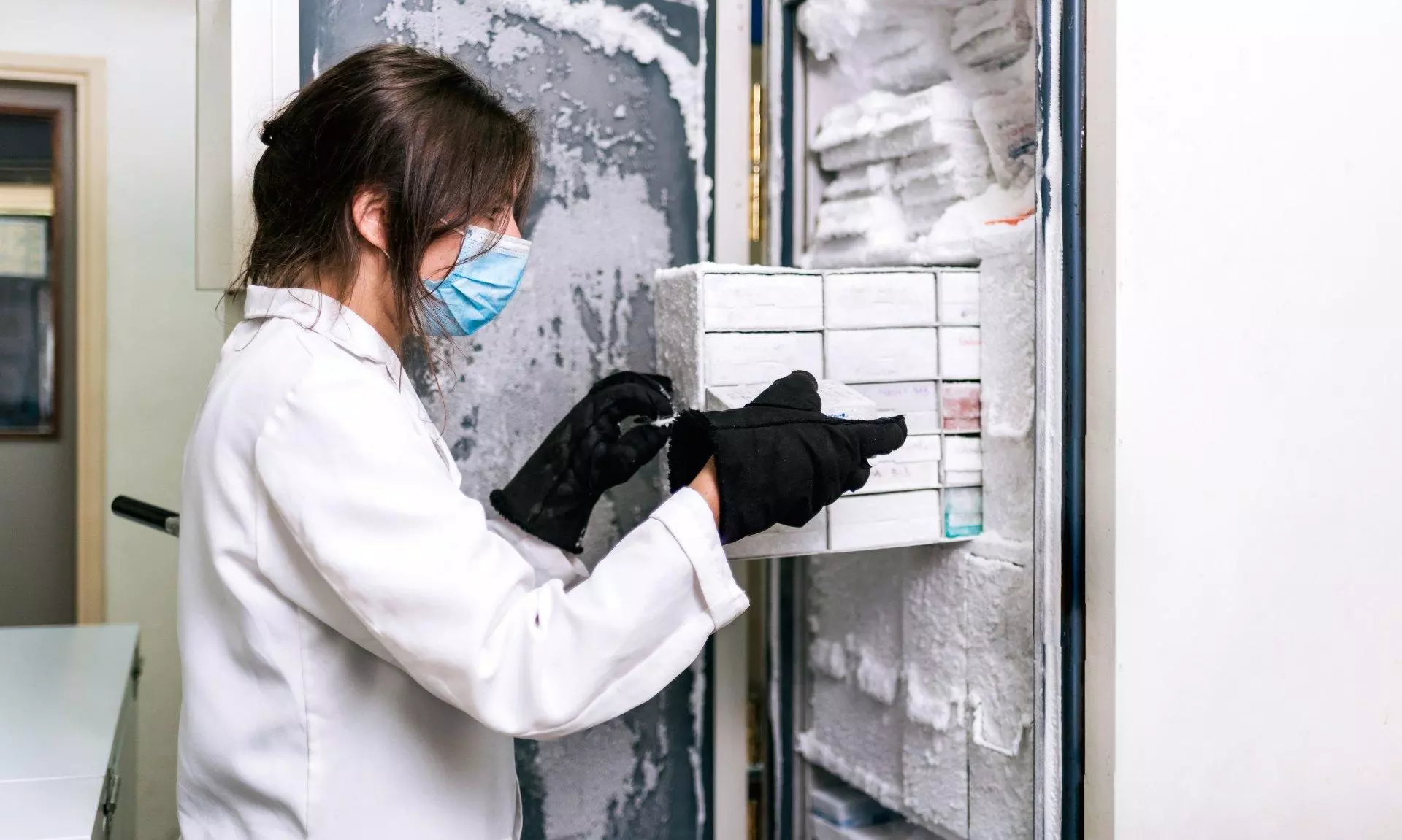How can India become the hub for global food, pharma cold supply chains

India's potential as a global cold supply chain hub has never been more evident than in recent years. With the growth of its pharmaceutical and food industries, there is a rising demand for efficient and reliable temperature-controlled logistics. The COVID-19 pandemic served as a wake-up call, highlighting the need for a robust cold supply chain network in the country.
And since then, the cold chain sector in India has witnessed exponential growth. The market size is estimated to be around USD 17 billion and is projected to grow at a CAGR of approximately 12% from 2021 to 2026. This growth is primarily driven by the increasing demand for temperature-sensitive goods, such as pharmaceuticals and perishable foods. The pharmaceutical industry, in particular, plays a significant role in the cold chain sector, with India being one of the world's largest producers of vaccines and medicines.
However there are still a lot of challenges that the sector faces:
While India is making strides in the cold supply chain sector, challenges like inadequate infrastructure in certain regions, unreliable power supply, lack of standardized practices, and gaps in last-mile connectivity continue to plague the sector.
However, the NLP and supportive policy infrastructure is helping solve these issues, including improving connectivity through the road, rail and waterway transport infrastructure, encouraging private sector participation, and incentivizing investment in logistics infrastructure. Additionally, the government's focus on building agriculture supply chains and dedicated freight corridors, for building food security, is also helping drive efficient cold storage infrastructure. These policy measures are crucial steps toward overcoming existing challenges and positioning India as a global leader in the cold supply chain industry.
Some key areas that can help propel India on the global map for cold supply chain include :
Tech adoption for efficiency
To become a global cold supply chain hub, India must focus on adopting advanced technologies that enhance efficiency and reliability. Automation, real-time monitoring, and data analytics are crucial components of a modern cold supply chain. By implementing these technologies, India can reduce wastage, ensure product integrity, and optimize transportation routes.
Furthermore, the integration of IoT (Internet of Things) devices and blockchain technology can provide end-to-end visibility and transparency in the supply chain, assuring stakeholders of the products' quality and authenticity. These tech-driven solutions not only improve operational efficiency but also enhance India's competitiveness in the global market.
Green supply chains and international standards
Sustainability and environmental responsibility are central to modern supply chains. India should prioritize the development of greener supply chains that adhere to international standards. This includes reducing carbon emissions, adopting clean energy sources, and minimizing waste throughout the supply chain.
Meeting international standards such as Good Distribution Practices (GDP) and Good Manufacturing Practices (GMP) is essential for India to establish itself as a global cold supply chain hub. Compliance with these standards ensures product safety, quality, and traceability, which are paramount for pharmaceutical and food industries.
Domestic infrastructure development
Investing in temperature-controlled storage and transportation infrastructure is critical. India must expand and upgrade its cold storage facilities, including refrigerated warehouses and distribution centers. Additionally, the transportation segment needs to be equipped with refrigerated trucks, containers, and specialized packaging solutions.
Integration of stakeholders
To put India on the global map of the cold supply chain sector, collaboration and integration among all stakeholders are vital. This includes government agencies, private sector companies, logistics providers, and regulatory bodies. A coordinated effort is needed to create a seamless and efficient cold supply chain network that can meet the diverse needs of various industries.
India's journey to becoming a global cold supply chain hub is well underway, fueled by the growth of the pharmaceutical and food industries. To realize this ambition, India must continue to invest in technology adoption, green supply chains, and infrastructure development. Compliance with international standards and the integration of stakeholders will be key to success.
The COVID-19 vaccine distribution success story serves as a testament to India's capabilities in managing temperature-sensitive logistics. With the right strategic focus and collaboration, India can lead the way in efficient international cold supply chains, benefitting not only its economy but also the global pharmaceutical and food industries. As the market size continues to expand, India's cold supply chain sector has a bright future ahead, poised to play a pivotal role in the global supply chain landscape.
The views and opinions expressed in this article are those of the author and do not necessarily reflect the views of Indian Transport & Logistics News.

Swarup Bose
He is the founder and chief executive officer of the SaaS-based cold chain marketplace Celcius


